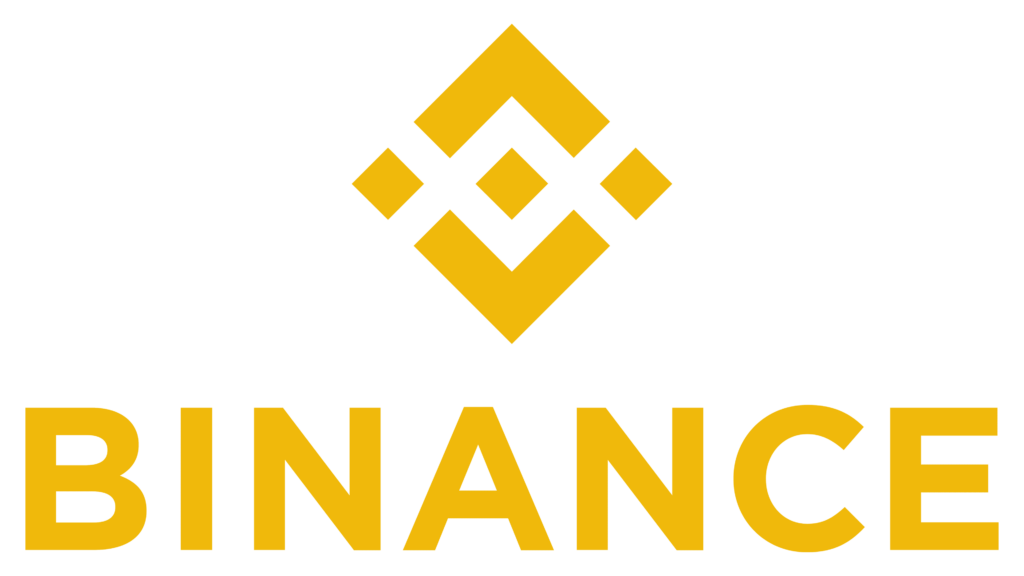Introduction
Tether (USDT) is a stablecoin that was first launched in 2014. Its primary objective is to provide a digital asset that retains a stable value equivalent to the US dollar. This makes it an attractive option for crypto-monnaie investors who seek stability amidst the volatility of the crypto market. However, Tether’s journey has not been without controversies. In this article, we will explore Tether’s features, controversies, alternatives, and provide a comprehensive review.
Defining Features
Tether is built on the Omni Layer protocol, which operates on the Bitcoin blockchain. The most significant feature of Tether is its price stability. Each Tether token is pegged to the value of one US dollar, which means that holders of Tether can trust that its value will remain relatively constant. This stability is achieved through a reserve of fiat currency held by Tether Limited, the company behind the stablecoin.
One of the advantages of Tether is its speed and low transaction fees, which make it an ideal choice for transferring funds between different échanges ou portefeuilles. It also provides a level of anonymity as transactions can be conducted without revealing personal details.
Controversies
Despite its popularity, Tether has been marred by controversies and concerns over its transparency and credibility. One of the primary controversies is the lack of a formal audit. Tether has promised audits in the past, but to date, it has not released a comprehensive third-party audit of its reserves. This lack of transparency has raised questions about whether Tether truly holds enough fiat currency to back its tokens.
Furthermore, Tether Limited has been involved in legal disputes and investigations. In 2019, the New York Attorney General accused Bitfinex, a major échange de crypto-monnaie, of using Tether’s reserves to cover up $850 million in losses. This led to a court order for both companies to provide extensive financial documents. While Tether later revealed that its stablecoin was only 74% backed by cash or cash equivalents, it did not provide additional evidence to address the concerns fully.
Table Comparing USDT Alternatives
Here is a table comparing Tether with some popular stablecoin alternatives:
| Stablecoin | Pegged to | Audit Status | Vitesse de transaction | USD Reserves |
| Tether (USDT) | USD | Non | Rapide | Partially |
| USD Pièce de monnaie (USDC) | USD | Oui | Rapide | Entièrement |
| TrueUSD (TUSD) | USD | Oui | Modéré | Entièrement |
| Dai (DAI) | USD (through ETH) | Oui | Lenteur | Garantie |
FAQs
Q: Is Tether a reliable stablecoin?
A: Tether’s reliability is a subject of debate due to the lack of a complete audit. However, it remains widely used and has maintained its price stability over the years.
Q: Can I redeem Tether for USD?
A: As a retail investor, redeeming Tether for USD may not be possible directly. Only institutional investors can redeem Tether for fiat currency through Tether Limited.
Q: Are there any alternatives to Tether?
A: Yes, there are several alternatives to Tether, such as USD Coin, TrueUSD, and Dai, each with varying features, audit status, and transaction speeds.
Conclusion
Tether offers a stablecoin solution that aims to bridge the gap between traditional financial systems and the world of crypto-monnaies. Its pegged value to the US dollar and fast transaction speeds make it an attractive option for négociants and investors. However, the lack of full transparency and ongoing controversies have cast doubts on Tether’s credibility. Investors should carefully assess the risks associated with Tether and consider alternative stablecoins that provide a higher level of transparency to make an informed decision.






